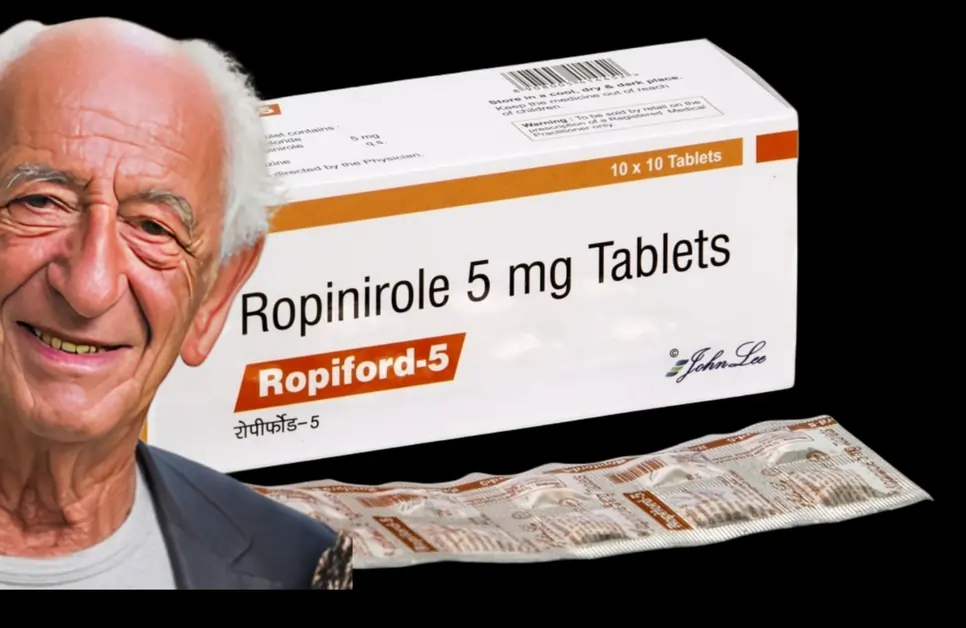- Private Hospitals Rely on RMPs to Bring Patients
- Hospitals and Doctors Fuel the RMP Ecosystem
- Ethics Abandoned for Commission
- Medical Council’s Crackdown Lacks Depth
Article Today, Hyderabad: Despite the Telangana Medical Council’s continued crackdown on unqualified practitioners, the shadow of Registered Medical Practitioners (RMPs) looms large across the state. Many private hospitals, especially in rural and semi-urban regions, openly rely on these uncertified individuals to bring in patients. What was once a relationship based on trust between patient and doctor has now turned transactional — with RMPs acting as the first link in a profit-driven medical chain.
RMPs Thrive as Middlemen in Rural Healthcare
In most villages, there are at least three to four RMPs. They are familiar faces with deep roots in the community, often trusted more than certified doctors. Hospitals and healthcare companies know this and have devised a system to tap into this trust. Dedicated public relations officers (PROs) from hospitals liaise with these RMPs, offering them commissions of 30 to 40 percent on total medical bills in return for referring patients.
Hospitals and Doctors Fuel the RMP Ecosystem
While authorities claim to be dismantling the RMP network, reality paints a different picture. It is the hospitals — and the doctors within — who have strengthened this system. Without them, RMPs would not hold such sway. The contradiction is striking: the same medical community that blames RMPs for unethical practices also sustains them for monetary gain.
Ethics Abandoned for Commission
Multiple instances have emerged where patients were subjected to unnecessary tests and surgeries — all to inflate hospital bills and increase commissions. In several such cases, patients did not even need hospitalization. But with commissions driving referrals, ethics have taken a back seat. In pursuit of profit, a growing number of doctors are undermining the very oath they swore to uphold.
Medical Council’s Crackdown Lacks Depth
The Telangana Medical Council has launched operations against unqualified practitioners across the state. However, its silence on the private hospitals and doctors benefitting from this arrangement raises questions. The problem isn’t just with RMPs; it lies equally with certified professionals and institutions that give them legitimacy for personal benefit.
Rural Trust Misused by City Hospitals
Ironically, in many villages, RMPs are seen as more dependable than government doctors. Their access and availability make them the first choice for rural families. Hospitals exploit this trust, using it as a gateway to attract patients. For many, being referred to a big city doctor by a known RMP feels like a privilege — even when the referral is financially motivated.
Political and Social Clout of RMPs
Over the years, many RMPs have gained political backing and social influence. Their role extends beyond healthcare, with some becoming key figures in local leadership. Hospitals, politicians, and even district-level administrators often depend on them — making any move to regulate or eliminate the system a deeply political and complex affair.
The Path Forward Must Include Accountability
The future of rural healthcare depends on systemic reform, not just surface-level raids. If the state truly wants to end unethical medical practices, it must begin with accountability. Action must be taken not just against RMPs, but against the hospitals and licensed doctors who empower them. Only then can trust in the healthcare system be restored — and patients protected from exploitation.



